
www.buildingsandcities.org/insights/news/cop26-expectations.html
COP26 Expectations

Read this vital series of essays providing multiple perspectives on expected and needed outcomes from COP26.
For COP26, Buildings & Cities presents this major series of 30 short, learned commentaries from the built environment community that are primarily aimed at policy makers. These essays reveal the diversity of issues that need to be embraced and, most importantly, point to constructive approaches to mitigation and adaptation.
The range of topics goes from overarching issues (e.g. overconsumption, geopolitics, intergenerational equity, climate justice, nature-based solutions and long-term thinking - to mention only a few) to more specific issues at the levels of cities and buildings. Lessons and actions can be drawn for different actors in central and local governments, the construction industry supply side, NGOs, higher education and civil society.
Each essay focuses and discusses one vital outcome that is needed from COP26 relating to the built environment. This can be a direct aspect of what should be agreed at COP26 or the impact of COP26 at the national or local levels. A variety of perspectives are presented - from different disciplines, geographies and scales. Taken together, this provides a powerful overview of overarching policy issues and the necessary strategic / practical actions at the societal, urban and building levels.
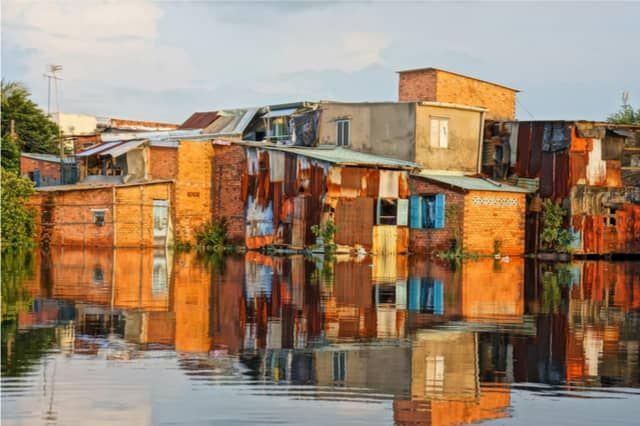
Were the needs and demands of cities and local governments marginalised in their roles and representation at COP26?

By Sonja Klinsky (Arizona State University, US) and Anna Mavrogianni (University College London, UK)

By Thomas Lützkendorf (Karlsruhe Institute of Technology, DE), Ursula Hartenberger (PathTo2050, BE), York Ostermeyer (Chalmers U, SE)
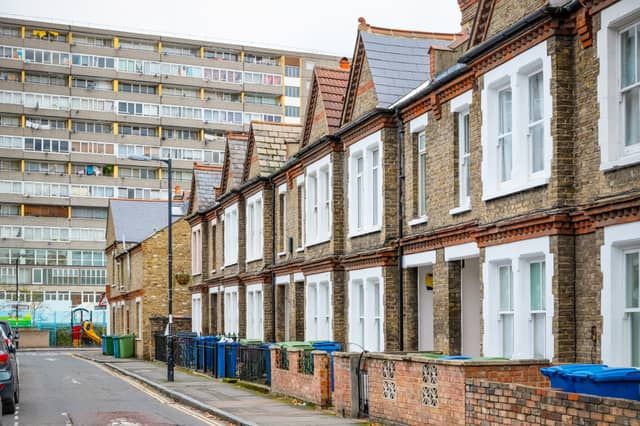
By Jonathon Taylor (Tampere U, FI), Lauren Ferguson* , Anna Mavrogianni* & Clare Heaviside* (*University College London, UK)
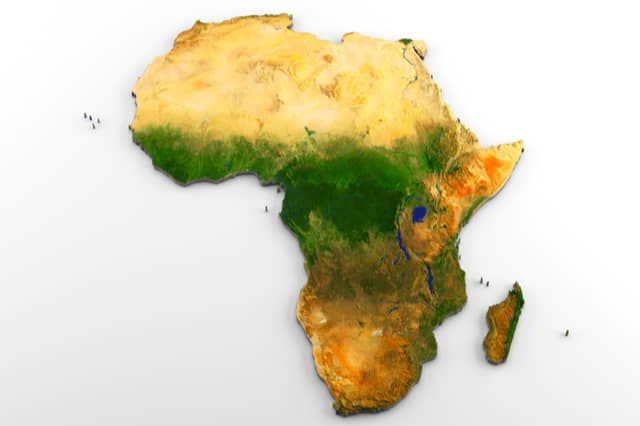
By Ankit Kumar (U of Sheffield, UK), Joshua Kirshner (U of York, UK), Lata Narayanaswamy (U of Leeds, UK) and Enora Robin (U of Sheffield, UK)
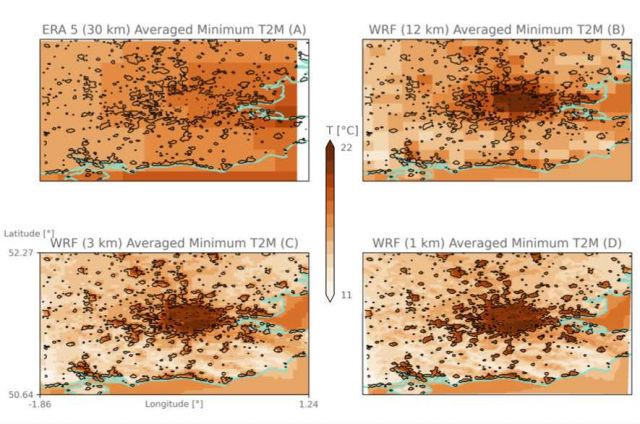
By Clare Heaviside (University College London - UCL), Jonathon Taylor (UCL & Tampere U), Oscar Brousse (UCL), Charles Simpson (UCL)
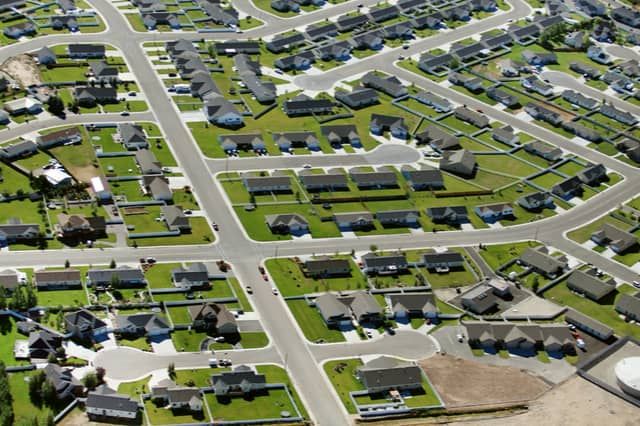
By Stefan Siedentop (ILS - Research Institute for Regional and Urban Development & TU Dortmund University, DE)

By Jeroen van der Heijden (Victoria University of Wellington, NZ and Australian National University, AU)
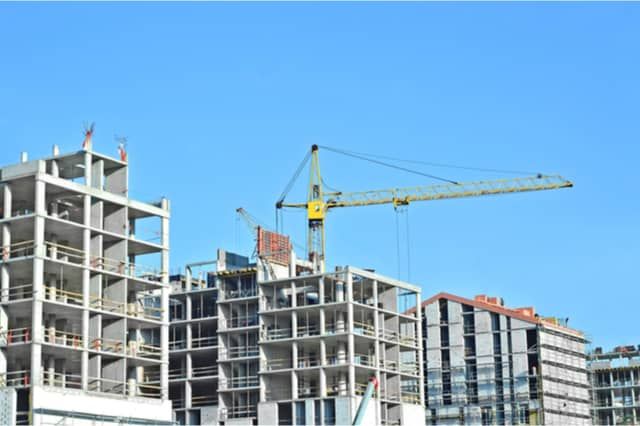

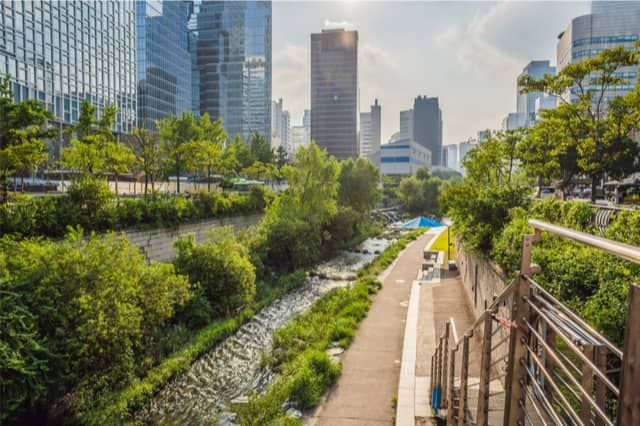

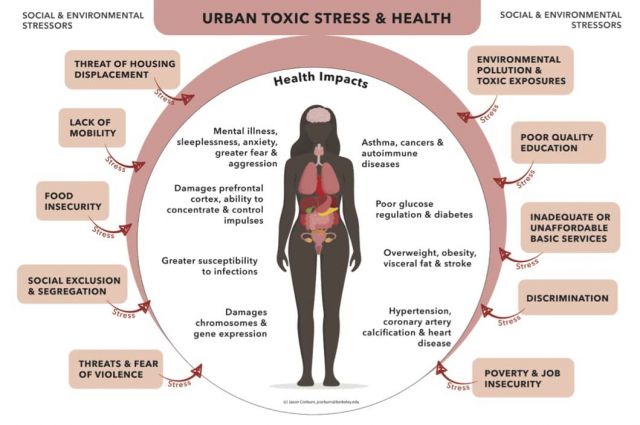
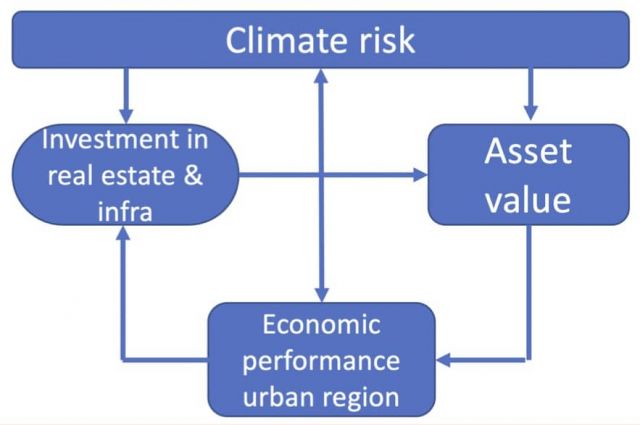
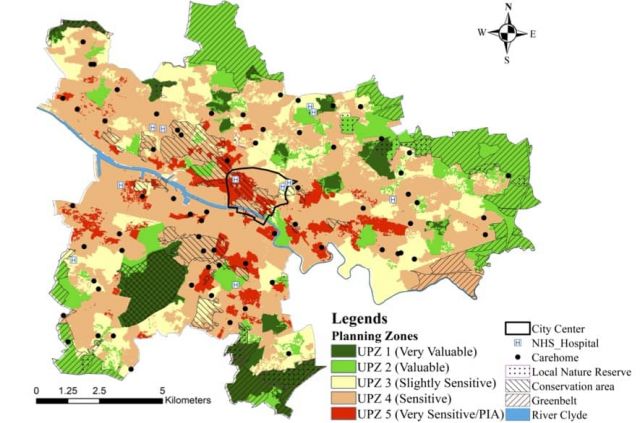


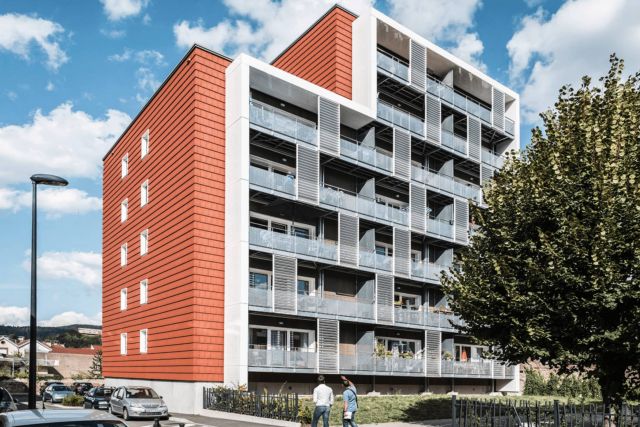
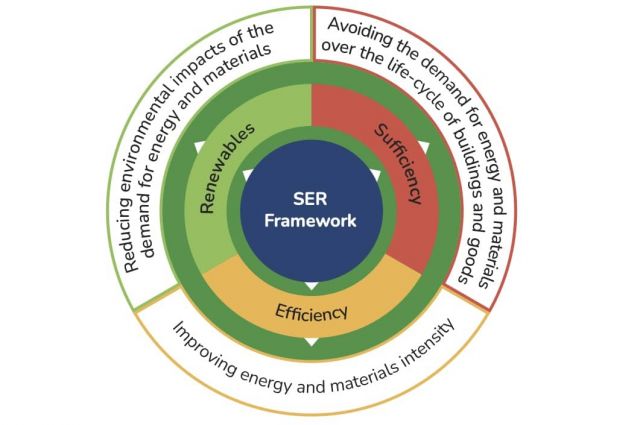
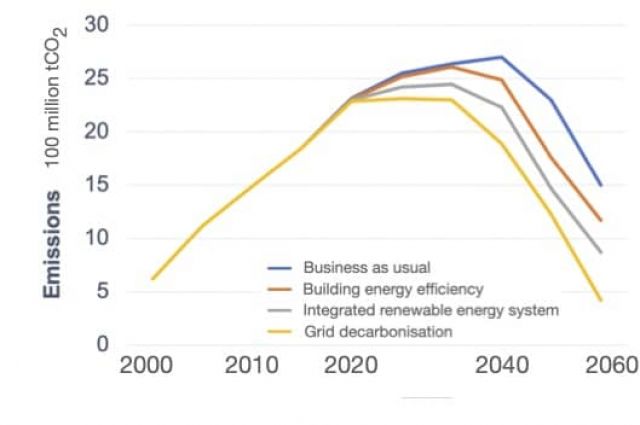


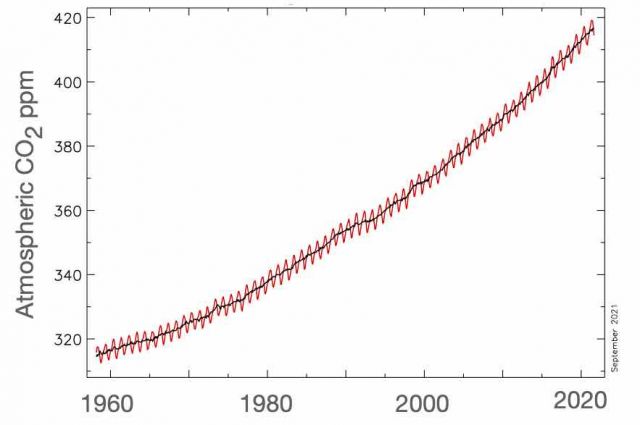


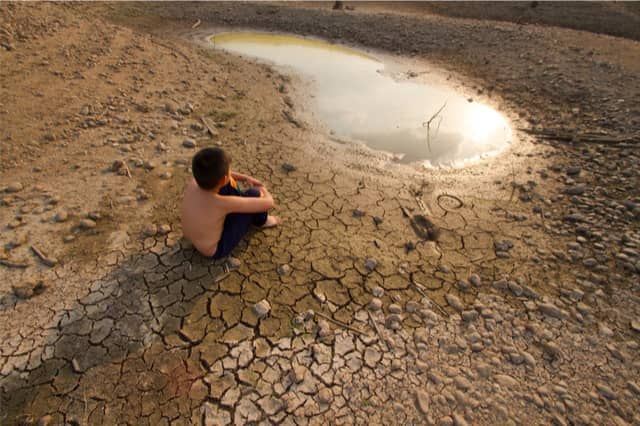
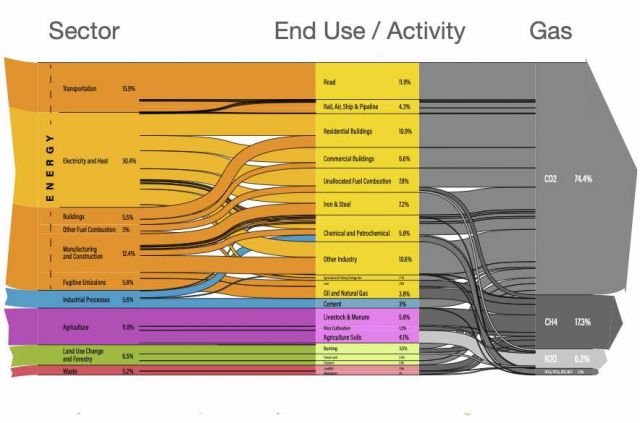
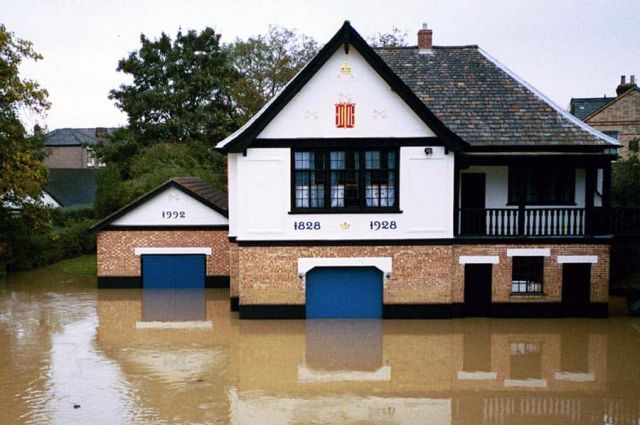
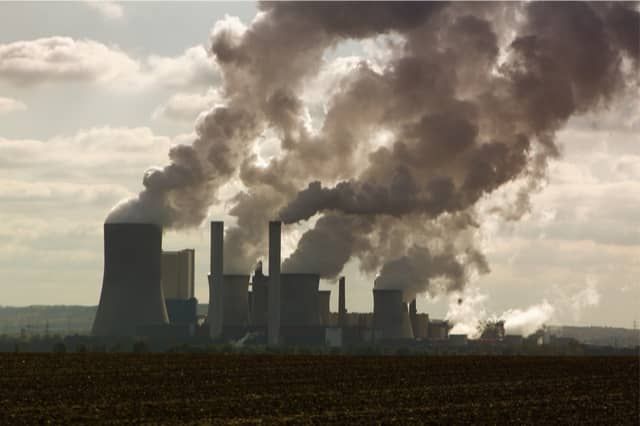
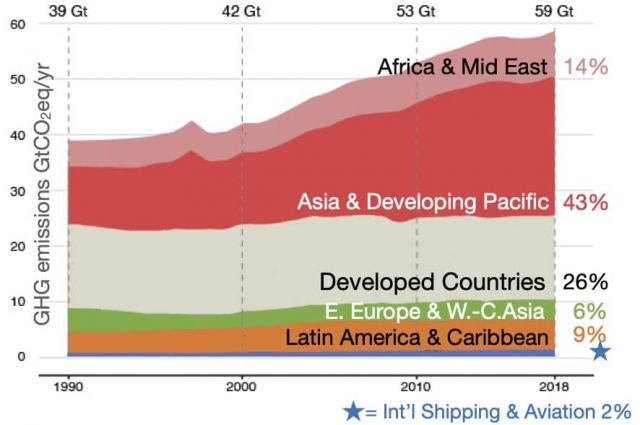

Latest Commentaries
Decolonising Cities: The Role of Street Naming
During colonialisation, street names were drawn from historical and societal contexts of the colonisers. Street nomenclature deployed by colonial administrators has a role in legitimising historical narratives and decentring local languages, cultures and heritage. Buyana Kareem examines street renaming as an important element of decolonisation.
Integrating Nature into Cities
Increasing vegetation and green and blue spaces in cities can support both climate change mitigation and adaptation goals, while also enhancing biodiversity and ecological health. Maibritt Pedersen Zari (Auckland University of Technology) explains why nature-based solutions (NbS) must be a vital part of urban planning and design.